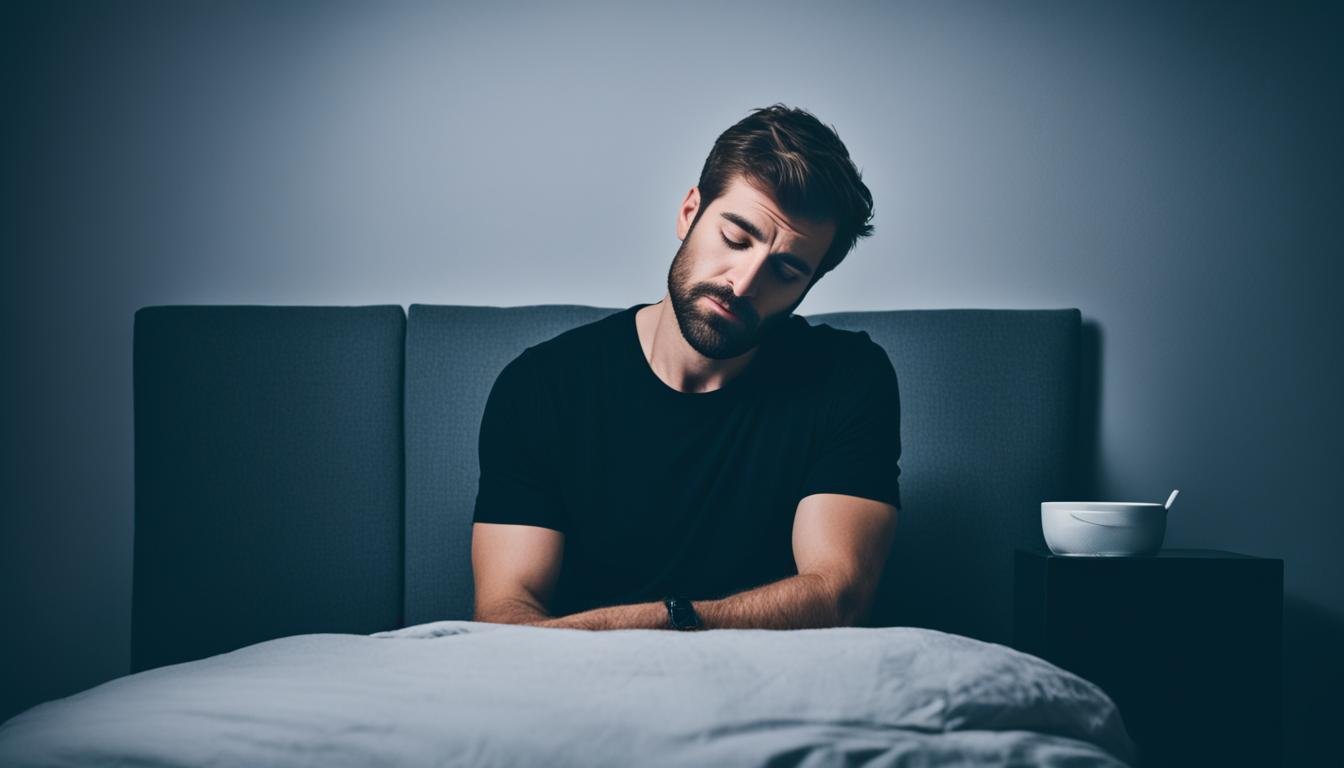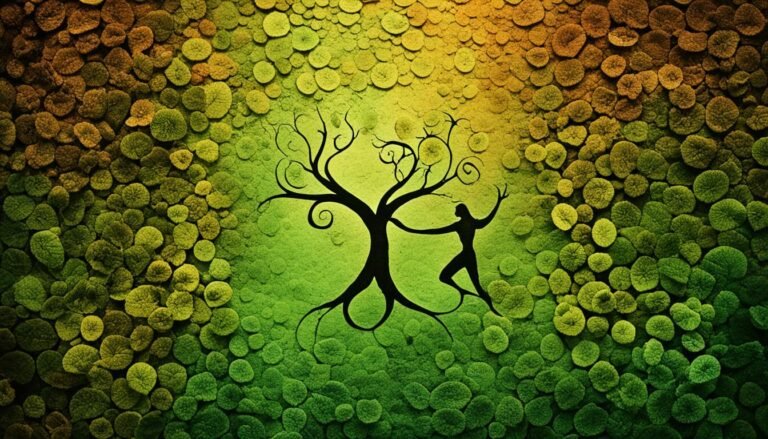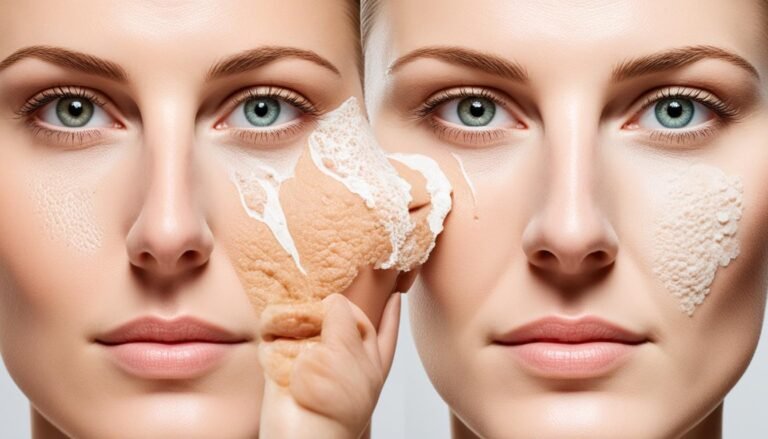What percent of people regret hookups?
Did you know that more than 75 percent of college students reported engaging in at least one hookup, with 30 percent of those encounters involving sex? That’s the surprising statistic revealed by a study conducted by Paul & Hayes in 2002. These findings indicate that hooking up is a prevalent behavior among college students, suggesting that the overall prevalence of hookups in society is even higher.
Key Takeaways:
- Over 75 percent of college students have engaged in hookups.
- 30 percent of hookups among college students involve sex.
- Women are more likely to experience regret after a hookup, while men are more likely to regret their choice of partner.
- About 23 percent of sexually-active college women reported no regrets regarding their hookups.
- Further research is needed to understand the emotional and psychological consequences of hooking up.
Factors Affecting Reactions to Hookups
When it comes to hookups, men and women have distinct emotional responses. Women often experience a range of negative emotions such as regret, shame, or self-blame. On the other hand, men tend to regret their choice of partner more than the hookup itself. Nonetheless, recent research suggests that a significant percentage of both men and women have predominantly positive responses to their most recent hookup. Let’s delve into the factors that influence these emotional reactions.
A study reveals that approximately 70 percent of men and 50 percent of women had positive reactions to their latest hookup. These responses can be categorized into two groups:
- The Happy Hopefuls: These individuals tend to consume alcohol before hooking up, often engage in sexual activities, and have hopes of a potential relationship.
- The Content Realists: People in this group are comfortable with one-time encounters and do not have any expectations beyond the hookup itself.
Furthermore, the specific sexual activities involved in a hookup can influence the level of regret experienced. Women tend to have fewer regrets when a hookup does not involve sexual intercourse. Additionally, hookups that include oral sex are associated with less regret compared to those involving intercourse.
The duration of the relationship also plays a role in the emotional response to hookups. Individuals are more likely to regret a hookup that involves sex with someone they have known for less than 24 hours.
To summarize, emotional reactions to hookups vary between men and women, with women more likely to experience negative emotions while men tend to regret their partner choice. However, a significant percentage of both genders have positive responses to their hookups. The type of sexual activity involved and the duration of the relationship also influence the level of regret experienced.
Quote:
“Hookups can evoke a range of emotional responses, from regret to satisfaction. The context in which the hookup occurs and the individuals involved play a significant role in shaping these reactions.” – Dr. Jenna Thomas, Relationship Psychologist
It is important to consider these factors when studying and understanding the complex emotions associated with casual sexual encounters.
Psychological Consequences of Hooking Up
Hooking up can elicit a range of emotions and leave individuals feeling both confused and with mixed emotions. Research suggests that approximately 25 percent of people report feeling used and confused after their most recent hookup, leading to feelings of awkwardness, confusion, and emptiness. [confusion, mixed emotions]
However, it’s important to note that hookups can also serve as valuable learning opportunities. They can contribute to increased comfort with sexual behaviors and generate interest in romantic relationships. For some individuals, these experiences can lead to personal growth and a deeper understanding of their own boundaries and desires. [hookup experiences as learning opportunities]
The psychological consequences of hooking up can vary based on individual factors. People who possess attachment anxiety, fear of abandonment, and questions about their self-worth are more likely to have negative reactions to hookups. Additionally, those who report feelings of loneliness and a strong desire for their partner’s approval are also more inclined to react negatively. [relationship security, loneliness]
It’s important to recognize that not everyone experiences negative consequences as a result of hooking up. Some individuals navigate hookup culture without experiencing any detrimental psychological effects. This highlights the importance of individual differences and the need to consider the unique circumstances and contexts in which hookups occur. [loneliness]
“Intimate relationships and sexual behavior are complex, and our reactions to them can be influenced by a myriad of factors. It’s crucial to prioritize open communication, self-reflection, and self-care to navigate the emotional landscape of hookups and establish healthy boundaries.”

Conclusion
In summary, the findings from various studies suggest that a significant number of individuals experience regret after engaging in hookups. Specifically, women are more likely to regret the hookup itself, while men tend to regret their choice of partner. However, it is important to note that not everyone regrets their hookups, and some individuals have positive experiences.
Furthermore, hooking up is increasingly becoming a normative behavior among college students and younger adolescents. As societal attitudes and behaviors around sex continue to evolve, it is crucial for researchers to delve deeper into the factors that influence emotional reactions to hookups and to explore the experiences and consequences of hooking up among various populations, including gay and lesbian individuals.
These findings have significant implications for future research in this field. By further understanding the complex emotions involved in casual relationships and the factors that contribute to individuals’ reactions, researchers can provide valuable insights into the psychological and social consequences of hooking up. This knowledge can help inform efforts to support individuals in navigating hookup culture and promote healthy relationships.






